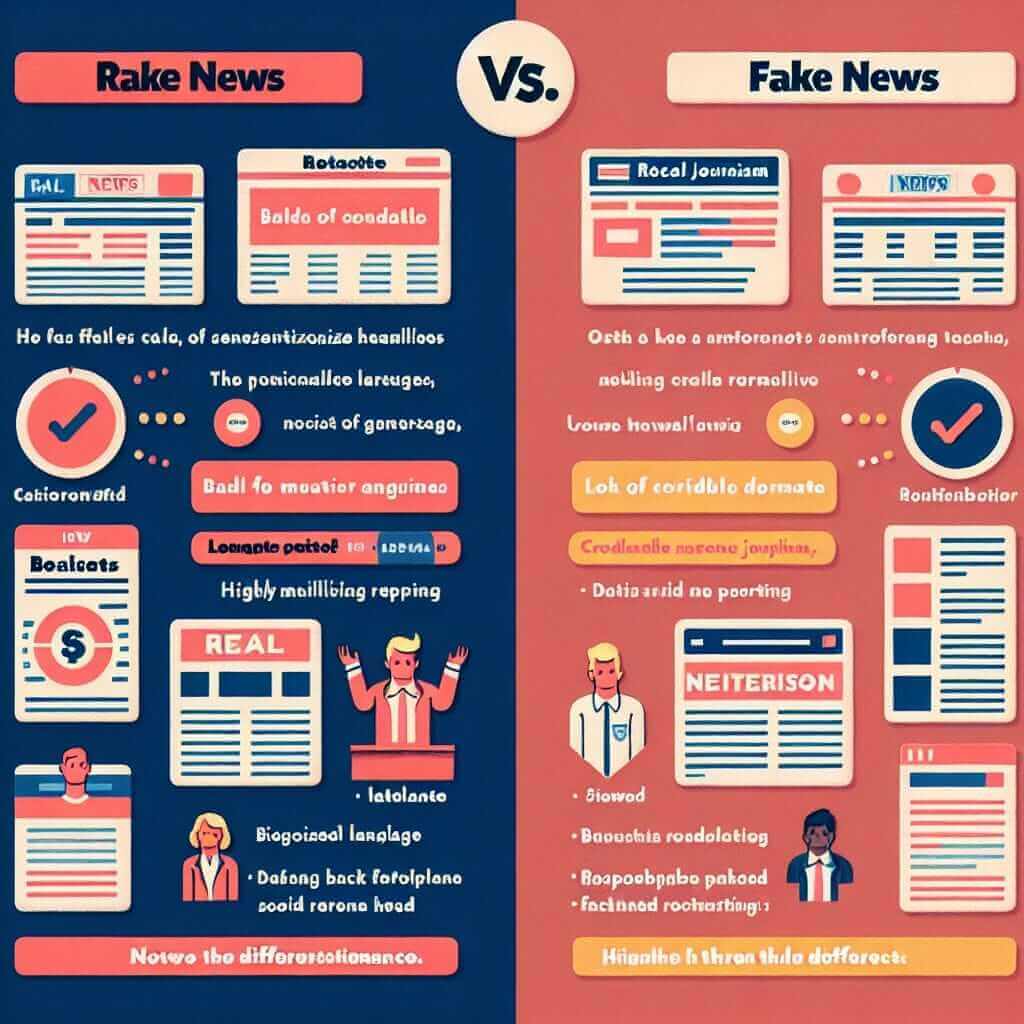“The role of media literacy in combating fake news” is a highly relevant topic in IELTS Writing Task 2, particularly in our digitally driven world. It falls under the broader themes of media, education, and societal issues.
Here are some potential IELTS Writing Task 2 questions related to this topic:
- To what extent does media literacy play a role in combating the spread of fake news? Discuss your views and provide relevant examples.
- Some people believe that education is the key to fighting fake news, while others argue that individuals need to be more critical of online information. Discuss both views and give your opinion.
- With the rise of social media, it has become increasingly difficult to distinguish between real and fake news. What measures can be taken to address this issue?
Sample Answer and Analysis
Let’s choose the first question for our sample answer:
To what extent does media literacy play a role in combating the spread of fake news? Discuss your views and provide relevant examples.
Essay:
In an era defined by the deluge of information online, the proliferation of fake news has become a pressing concern. It is within this context that media literacy emerges as a crucial tool in mitigating the spread of misinformation. This essay will argue that media literacy is paramount in empowering individuals to navigate the digital landscape critically and discern fact from fiction.
Firstly, media literacy equips individuals with the skills to critically evaluate information sources. By understanding the nuances of media ownership, bias, and the motivations behind content creation, individuals are better positioned to question the veracity of information presented to them. For instance, a media-literate individual would approach a sensationalized headline shared on social media with a healthy dose of skepticism, cross-referencing it with reputable news sources before accepting it as truth. This ability to scrutinize information sources significantly reduces the likelihood of falling prey to fake news.
Furthermore, media literacy fosters a deeper understanding of the techniques employed in creating and disseminating fake news. This includes familiarity with common strategies like emotional manipulation, the use of bots to amplify misinformation, and the creation of counterfeit websites designed to mimic legitimate news outlets. By being aware of these tactics, individuals can more readily identify and disregard fake news, preventing its further spread.

However, while media literacy is undeniably crucial, it is not a panacea. Technological solutions, such as artificial intelligence algorithms designed to flag potentially misleading content, are also vital in complementing individual efforts. Ultimately, a multifaceted approach involving both individual empowerment through media literacy and technological interventions is necessary to effectively combat the pervasive issue of fake news.
In conclusion, media literacy plays an indispensable role in empowering individuals to navigate the digital world responsibly and discern truth from falsehood. By fostering critical thinking, promoting source awareness, and familiarizing individuals with the tactics of misinformation, media literacy serves as a robust defense against the proliferation of fake news. (Word count: 288)
Analysis
- Structure: The essay follows a clear structure with an introduction, body paragraphs, and a conclusion.
- Content: The essay addresses all parts of the question, providing relevant examples to support its claims.
- Vocabulary: The essay utilizes a range of vocabulary related to media and critical thinking (e.g., “proliferation,” “veracity,” “scrutinize,” “counterfeit,” “panacea”).
- Grammar: The essay demonstrates a good command of grammar and sentence structure, using a variety of complex sentences.
- Overall Impression: The essay is well-written and presents a well-reasoned argument, showcasing the writer’s understanding of the topic and their ability to express their ideas effectively.
Useful Vocabulary
- Proliferation (n.) /prəˌlɪfəˈreɪʃən/ : rapid increase in the number or amount of something
- Veracity (n.) /vəˈræsəti/ : truthfulness
- Scrutinize (v.) /ˈskruːtənaɪz/ : to examine carefully
- Counterfeit (adj.) /ˈkaʊntərfɪt/ : made to look like the original of something, in order to deceive people
- Panacea (n.) /ˌpænəˈsiːə/ : a solution or remedy for all difficulties or diseases
- Disseminate (v.) /dɪˈsemɪneɪt/ : to spread widely
- Discern (v.) /dɪˈsɜːrn/ : to recognize or find out
- Bias (n.) /ˈbaɪəs/ : a particular tendency or inclination, especially one that prevents unprejudiced consideration of a question.
- Sensationalized (adj.) /senˈseɪʃənəlaɪzd/: (especially of a story or piece of news) presented in a way that is intended to provoke public interest and excitement, at the expense of accuracy.
- Misinformation (n.) /ˌmɪsɪnfərˈmeɪʃən/ : false or inaccurate information, especially that which is deliberately intended to deceive.
Conclusion
Understanding the role of media literacy in combating fake news is crucial for success in the IELTS Writing exam. By practicing writing essays on this and similar topics, you can improve your ability to analyze complex issues, structure your arguments effectively, and utilize relevant vocabulary. Remember to always support your claims with examples and maintain a clear and concise writing style. Good luck!